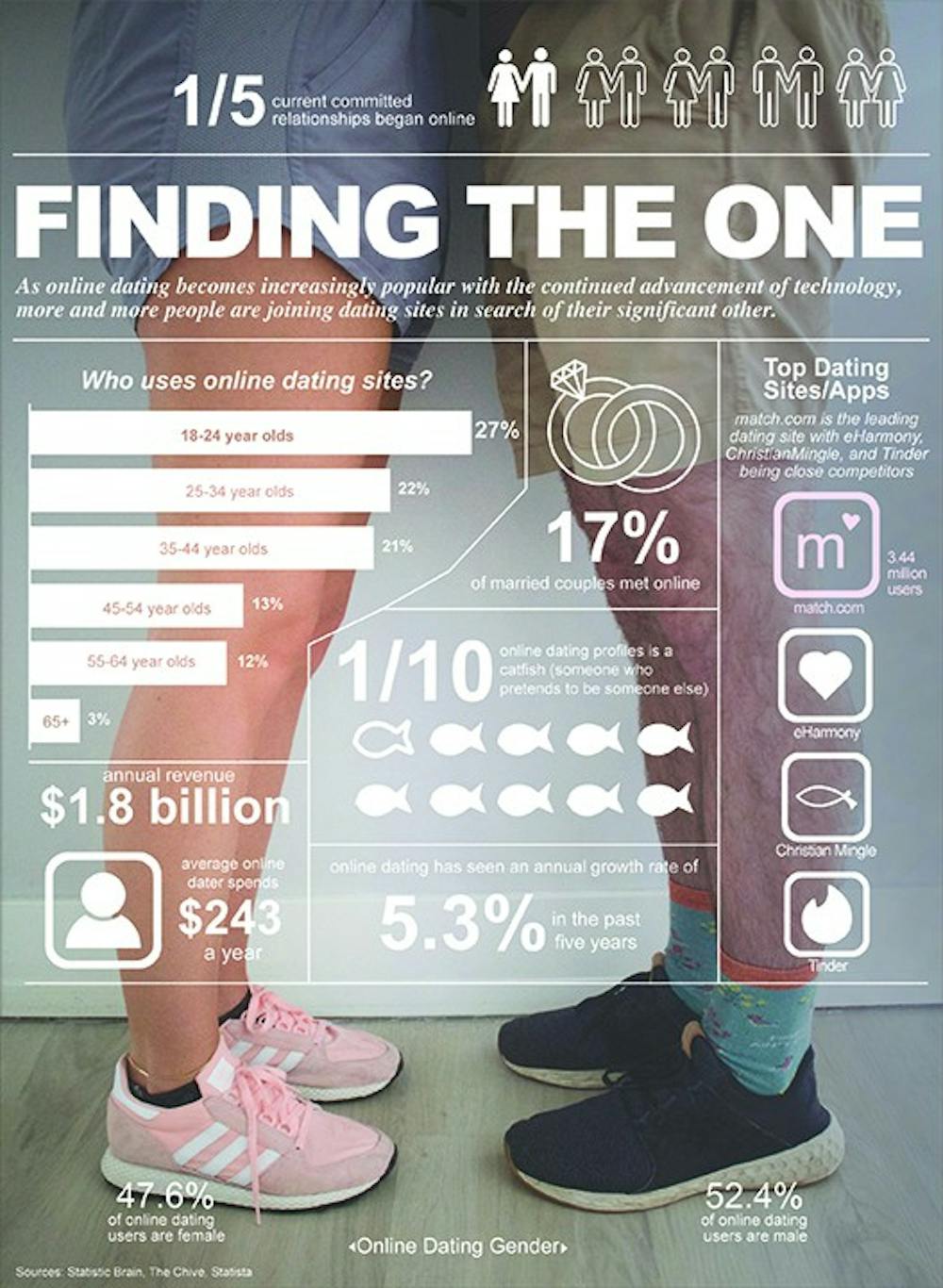Tinder: The easily lampooned, wildly popular, swipe-based virtual dating app. The vehicle that carried our generation into the 21st century dating phenomenon that is online dating and hookup culture.
The app is easy to criticize — it represents all of the evil things about today’s young people. We move too fast, we don’t stop to experience the real world, we don’t appreciate true human connection. The meaning of hard work eludes us. We’re hasty, impolite, our phones being vital organs unto themselves. We wouldn’t know how to do anything if it wasn’t for Google, and we’ll all die young of obesity because we never go outside, right?
Everyone under 25 has confronted these allegations, concerns so obviously ridiculous to those who grew up in the internet age, yet massively real and unsettling to our elders. Sure, we realize that these criticisms may hold some kernel of truth, but we accept that the internet, like the telephone and the automobile, brought a brave new world of social nuance that didn’t exist for previous generations. And for the most part, we’re cool with that.
What critics of our generation don’t realize is that technology only reflects the way humans already are. Take any cultural phenomenon that exists offline, and it’s got a virtual counterpart. Shut-ins existed long before the internet, they just read ye olde dime novels and sipped glass upon glass of fine black teas instead of dunking on haters in gaming forums and shotgunning Mountain Dew.
If Amazon groceries had existed on the frontier, no pioneer housewife would have sojourned to the market at dawn, fearing mutilation by wolves and mockery by the local riffraff. Hell, if Uber was around way back then, maybe your grandparents wouldn’t have had to slog uphill both ways to get to the schoolhouse.
Seriously though, from food delivery sites to online political forums to ridesharing apps, our generation is great at finding online solutions to real world needs. Tinder is no exception.
Yes, Tinder may promote hookup culture on college campuses. Before dating apps were invented, college students were primarily known as celibate scholars of purity, traditionally waiting until marriage to kiss and never speaking to the opposite gender outside of the family. Additionally, before Tinder, nobody ever made a judgement of interest in a potential partner based on appearance. In fact, most people who have never engaged in online dating haven’t refined an ability to evaluate others based on looks alone at all. Studies show that, prior to Tinder’s release in 2012, racism didn’t exist and clothing typically reflected nothing about one’s identity.
The point is, there are bad things about Tinder. It facilitates meaningless hookups, it can be a dangerous avenue for meeting strangers and it can make users’ evaluations of potential partners more superficial. The same is true of a wild party, but those have been around pretty much since the beginning of time, and society hasn’t crumbled.
If we want to solve issues of the commodification of the female body or steer away from hookup culture, we have to change how we think, not how we date. At the end of the day, Tinder users aren't any worse off than the rest of society. App users engage with the same issues virtually that they would also encounter offline.
The most heartening news for the luckless and lovelorn this Valentine’s Day may be this: About half of the relationships that spring from dating apps end up long term, and around 14 percent end up married. So hey, if you swipe past enough white guys named Josh proudly dangling a fish in front of the camera and ignore enough messages asking if you want to “smoke 'n chill,” you might just find a match.

